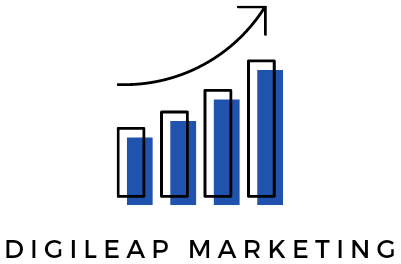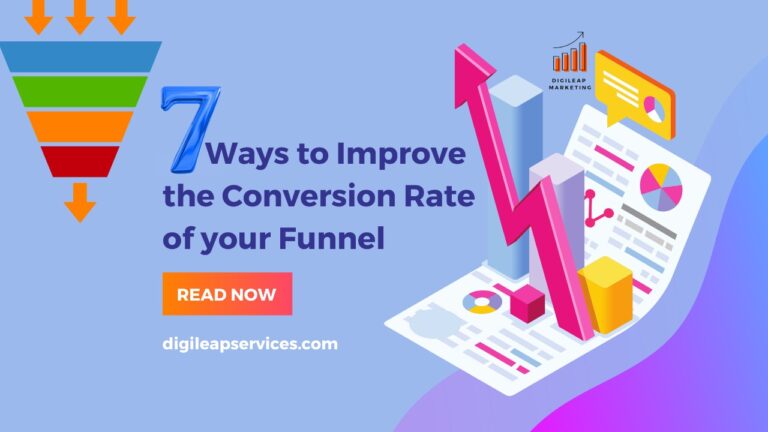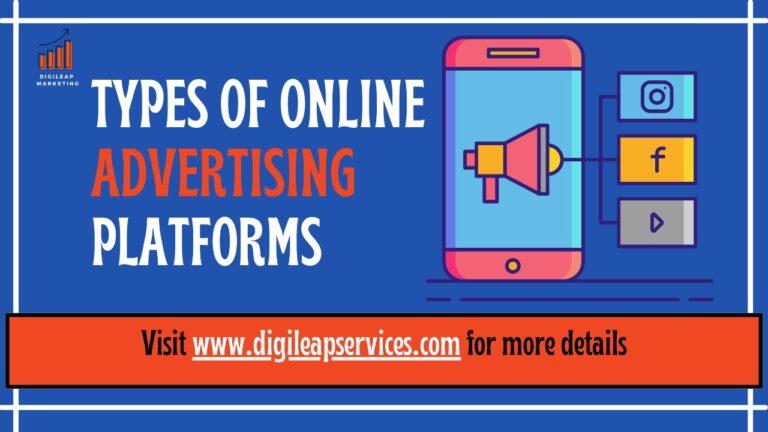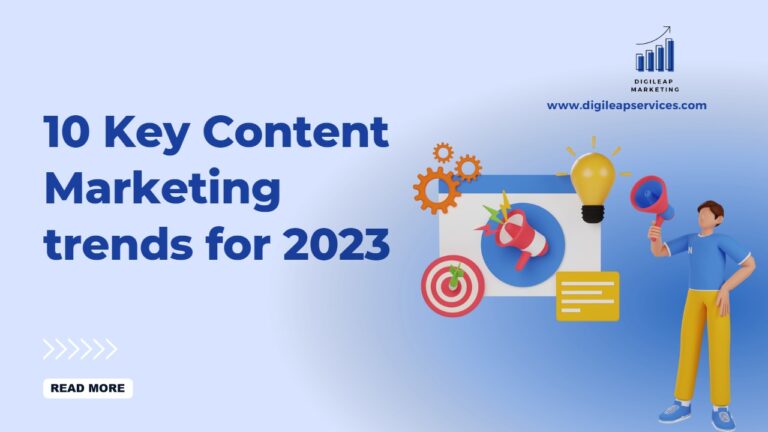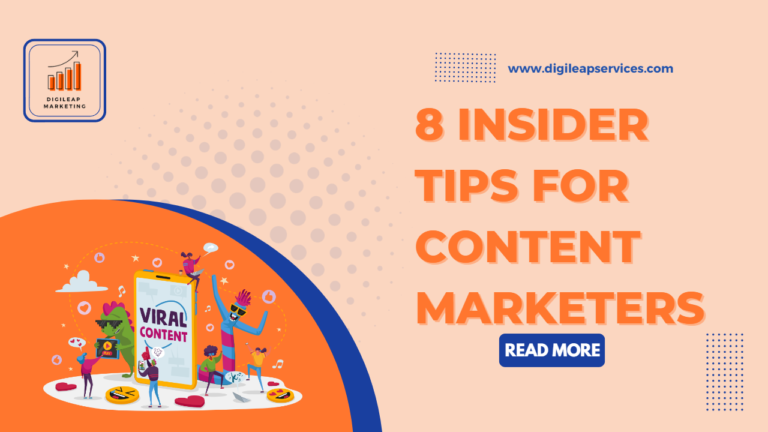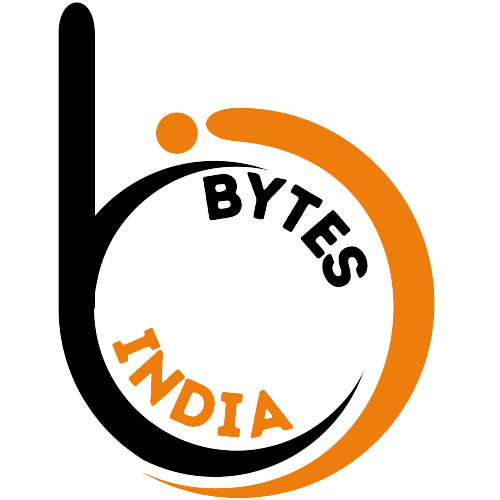Digital Marketing Trends in 2023
Being ahead of the curve is crucial for success in the quick-paced world of digital marketing. As 2023 approaches, the state of digital marketing is changing quickly due to both technological development and shifting consumer behavior. The main digital marketing trends for 2023 will be highlighted in this post.
- Artificial Intelligence and Machine Learning Integration
Modern digital marketing relies heavily on artificial intelligence (AI) and machine learning (ML), which are no longer just trendy terms. In 2023, marketing campaign optimization will continue to be significantly influenced by AI and ML. With the use of these technologies, marketers are able to give individualized content and recommendations by better understanding consumer behavior and preferences through extensive data analysis.
AI is the driving force behind all marketing. One of the under-the-radar trends in digital marketing over the past few years has been the incorporation of AI into practically all channels. The social media posts you interact with, the search results you see, and even the advertisements you see are all determined by algorithms. AI is making marketing more intelligent by directing customers to the ideal goods and messaging.
- Voice Search Optimization
The widespread adoption of voice search technology is another noteworthy development that is now having an impact on the world of digital marketing. The way search marketing experts optimize websites to rank for specific keywords and queries is changing as a result of voice search.
Optimizing for voice search is becoming more crucial as voice-activated devices like smart speakers and voice assistants proliferate. In order to handle natural language searches, marketers must modify their content and SEO methods. For attracting voice search traffic, long-tail keywords and conversational content will be essential.
- Influencer Marketing
More than just paid posts are now a part of influencer marketing. More than ever, people will appreciate authenticity and real connections. Because of their greater engagement rates and genuineness, specialized micro-influencers may start to appeal to marketers more.
Influencer marketing may not sound particularly innovative. But how marketers use influencers to reach their audiences and the money they invest in them is always changing. We anticipate a departure from the traditionally aspirational influencer in 2023.
- Augmented Reality (AR) and Virtual Reality (VR)
The use of virtual reality and augmented reality in digital marketing is growing. You may design engaging VR experiences that take customers to different worlds. The actual environment can be enhanced with digital content using augmented reality (AR), making the experience more interesting and interactive.
Brands are increasingly embracing these technologies to highlight their goods and services in novel and intriguing ways, such as by allowing customers to virtually try on clothing or by offering virtual tours of properties. With the aid of these technologies, you can give customers a more engaging and dynamic experience that will enhance engagement and boost sales.
- Privacy-First Marketing
A privacy-first strategy integrates data protection principles into every step of the marketing process while still giving marketers access to the data they need to make wise decisions. It upholds the private rights of customers, complies with important data privacy laws, and protects customer information from misuse or security lapses.
Marketers must give privacy-first initiatives top priority as worries about data protection keep rising. Marketers must embrace open data policies and obtain express user agreement as a result of the phase-out of third-party cookies and tighter data protection laws. Trust-building with consumers is crucial.
- Chatbots
AI-powered chatbots will keep improving customer service and engagement. Through platforms like WhatsApp and Facebook Messenger, conversational marketing enables businesses to conduct one-on-one discussions with clients, respond to their questions, and even carry out transactions without any problems.
Every business is experiencing a demand from customers and purchasers for 24-hour access and support. Chatbots are becoming more and more popular with both consumers and enterprises. Since you can respond to customers whenever they have questions or concerns, chatbots can serve as your first line of defense. They can help consumers find the right resources or respond to minor inquiries in a timely manner, freeing up your support team to handle more complex situations.
- Content Personalization
Every business is experiencing a demand from customers and purchasers for 24-hour access and support. Chatbots are becoming more and more popular with both consumers and enterprises. Since you can respond to customers whenever they have questions or concerns, chatbots can serve as your first line of defense. They can help consumers find the right resources or respond to minor inquiries in a timely manner, freeing up your support team to handle more complex situations.
Customizing information and product recommendations based on user behavior and preferences is known as content personalisation. In order to create customized experiences, dynamic content, email customization, and recommendation engines will be essential.
- Social Commerce Growth
Customers may anticipate seeing more “shoppable” content in 2023, making it simpler for them to order goods directly from social media sites. Social commerce blends online shopping and social media. Instead of using a web browser or another application, customers can make purchases within social media applications. Many social media sites provide features that let users create shops, list goods, and take payments. Both users and digital advertisers find it convenient.
Social commerce is not a new concept, but it is finally gaining popularity as a substitute for traditional retail. The number of users and platforms on social media keeps growing, and it continues to be a crucial component of digital marketing. Because of this, there are more options for marketers, and social media’s natural path is toward commerce.
- Metaverse
The term “virtual world within a world” is frequently used to describe the Metaverse, which is currently owned by Meta (Facebook). It is an uncharted digital realm where augmented or virtual realities interact to form a shared, participatory space. In a future world where you can do whatever you want, having a digital version of yourself seems to have a lot in common with video games.
Because of a network of realities/virtual universes where space is present almost everywhere, social trading is now possible. Because of this, modern digital marketers have found a method to use video to bridge the gap and establish a completely new category of digital marketing.
- SEO (Search Engine Optimization)
Although keywords are still important for SEO, the algorithms used by modern search engines have significantly changed from those used by marketers in the past. Keyword stuffing used to help you rank well in organic search five or ten years ago, but today such a behavior could result in a penalty for your website.
Machine learning algorithms power today’s search engines, which track engagement data for billions of searches per second. Modern SEO has developed techniques that concentrate on user intent and engagement since people are looking for content that satisfies their wants and answers their questions better than anything else.
Bottom Line
The environment for digital marketing in 2023 seems to be exciting and difficult. Marketing professionals who want to succeed in this dynamic environment must embrace these developments and remain flexible. Businesses may continue to be at the forefront of digital marketing trends in 2023 by integrating AI and ML, optimizing for voice search, adopting video marketing, and remaining committed to privacy and sustainability.
One thing never changes as we traverse the shifting environment of digital marketing: the requirement to comprehend and relate to customers more deeply. The trends we’ve discussed here present brands with exciting chances to succeed in the digital sphere by doing just that.
